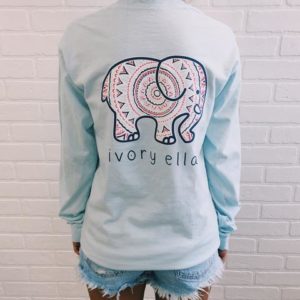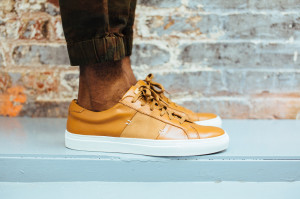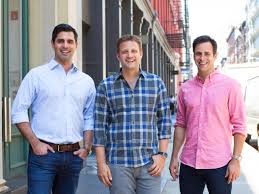Personal branding
29-year-old Leo Chen, also known as Chen Ou, has kept a high profile through his charismatic personal branding.Leo Chen, co-founder and CEO of Jumei.com, the first China-based cosmetics group-buying site made himself his company’s public face. The handsome young man has not only starred in a popular online commercial for his company but has also appeared on billboards and various TV shows. He has also kept a high profile by remaining active in social media.
“I endorse my own brand because I think a company’s reputation and value is indelibly linked to that of its leader. The CEO naturally becomes the company’s public face,” he said.
The young entrepreneur also believes that he has an insight into the company’s target female consumers.
“Why do I sell cosmetics to women? Because I believe women like to make themselves look good for people who appreciate them. So men’s opinions are important in women’s choice of cosmetics,” Chen said.His site has ascended to become one of China’s top cosmetics e-tailers through this blanket promotional strategy. The budgeted personal branding, as Chen said, has saved his company about 100 million yuan in advertising expenses.
Leo Chen studied in Singapore from the age of 16. In 2005 during his last year at Nanyang Technological University, he founded Garena, now one of the world’s largest online game platforms. Later he received an MBA from Stanford, sold Garena, and moved his business focus to China.
Initially a cosmetics group-buying site, Jumei.com has grown into a major B2C (business to customer) platform for cosmetics.But before Chen established the site in 2010, he and two other co-founders, both male, had no experience in e-commerce, or in the selling women’s cosmetics.
http://bj.jumei.com/













